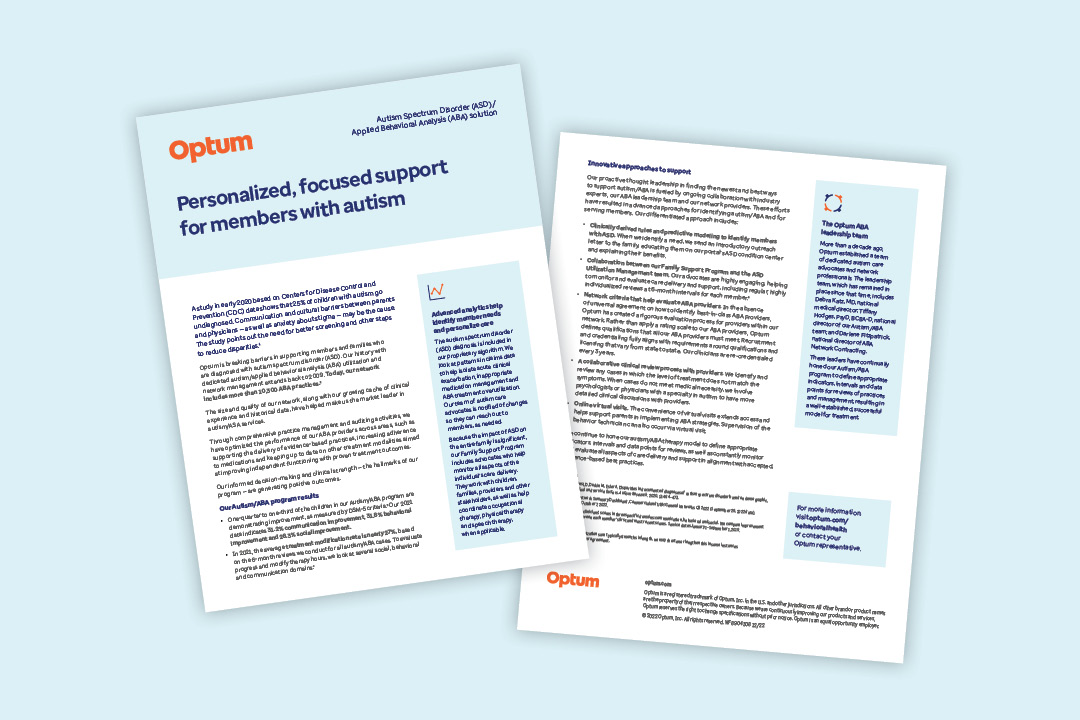Understanding the benefits of neurodiversity
Many organizational leaders and employees are unsure of what neurodiversity is, what it means for their workplaces and how they can support individuals who are neurodivergent. These are all important questions, especially considering it’s estimated that up to one in 5 (20%) individuals are neurodivergent, meaning they naturally think and process information differently from most individuals.
Neurodiversity can bring fresh ideas and new perspectives that benefit workplaces and communities. In fact, teams with neurodivergent professionals can be 30% more productive than those without them.
While these unique brain functions offer many benefits, they also create challenges for people and their loved ones living in a largely neurotypical world. Many people don’t understand or appreciate the benefits of neurodiversity. In some cases, it’s because they can’t see neurodivergent traits and assume a person is neurotypical.
As a result, neurodivergent people often face misunderstanding, exclusion and discrimination, like other marginalized and underrepresented groups. They are also at a higher risk for developing mental health concerns, particularly depression and anxiety.
In this article, we share insights to help organizations and individuals better understand neurodivergent traits and conditions. We also provide guidance on supporting neurodivergent individuals and their dependents in the workplace and at home.



